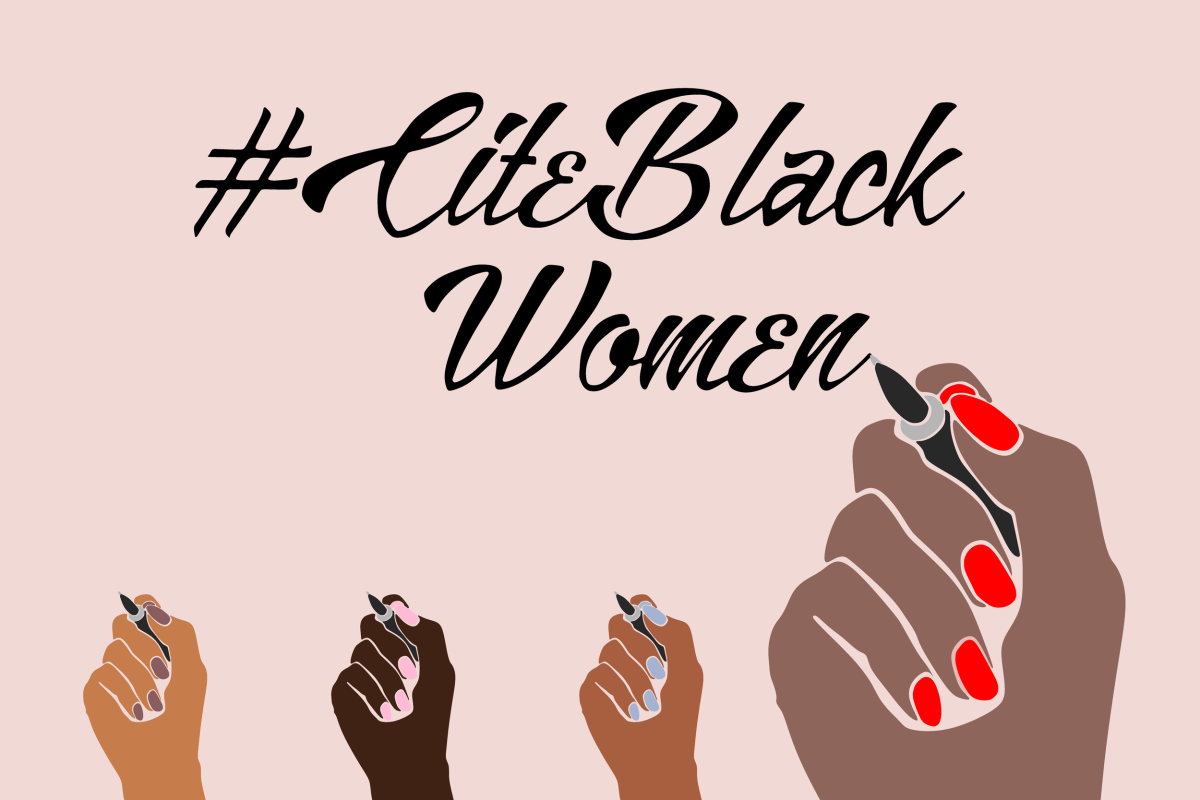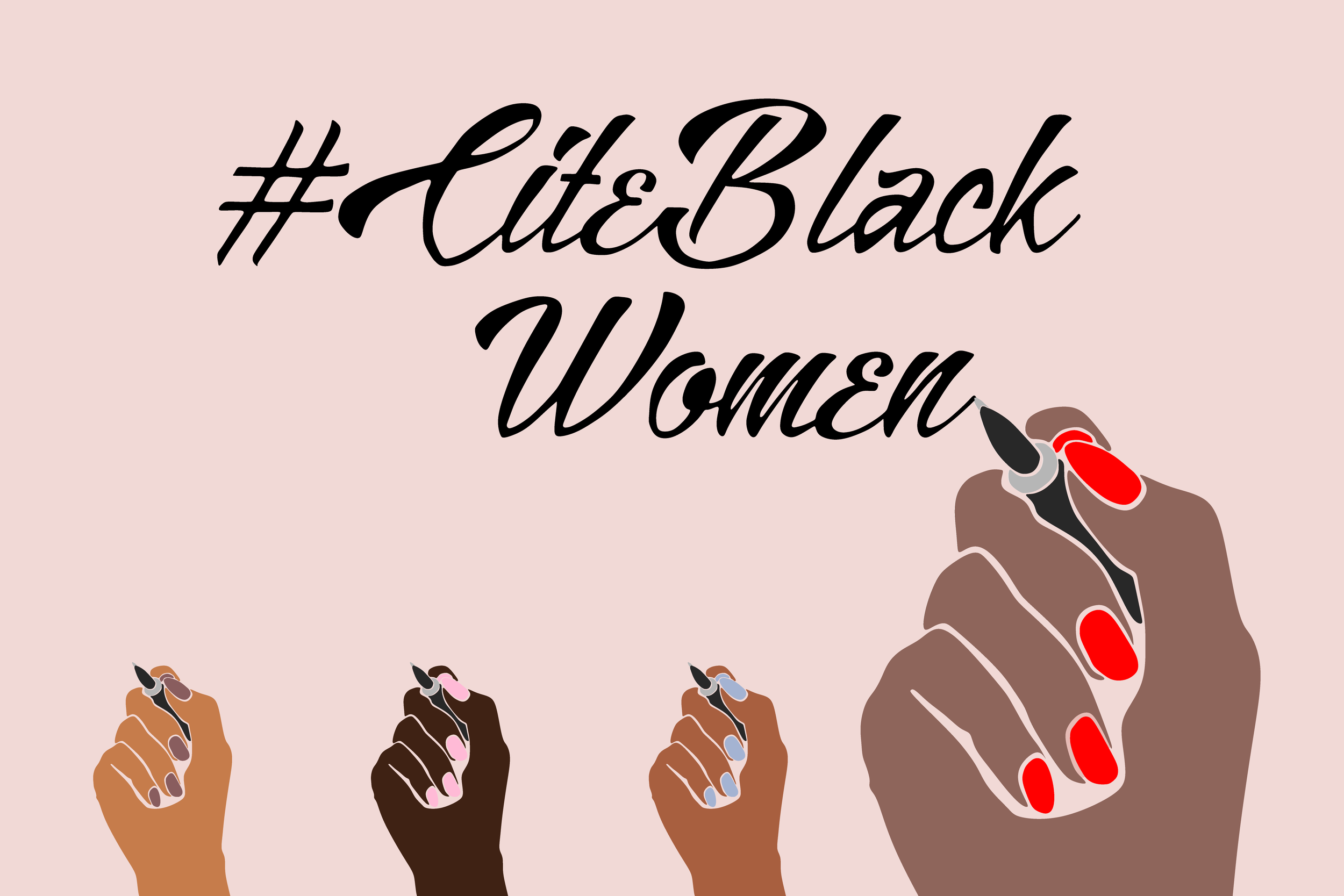The Cite Black Women movement started out of a necessity to create a space that acknowledges and celebrates the intellectual contributions Black women have made, which often times go unnoticed.
Christen Smith is the creator of the Cite Black Women campaign and is currently an associate professor within the Department of African and African Diaspora Studies and Department of Anthropology at the University of Texas at Austin. Her work focuses on gendered and racialized state violence and transnational liberation within the diaspora.
Story by Imani Sebri
Illustration by Nelly Garcia
In November 2017, Cite Black Women began as “a movement that engages with social media and aesthetic representation in order to push people to rethink the politics of knowledge production,” according to the campaign’s website. Black women are underrepresented and often erased from the academic canon across the board. Patriarchy and white supremacy is ubiquitous within academia, and — whether intentional or not — it discredits and erases the voices of Black women in those spaces.
Despite its short existence, Cite Black Women has already contributed to making an impact.
“This movement has transformed the way I read and work,” said Suzanne Nimoh, a second-year geography graduate student at UT. “I’ve learned to see citations as care, honoring the work of those who came before me. It gives me a special relationship to my work.”
Despite most members within the collective specializing in the humanities field, Cite Black Women has the power to radically change all disciplines. Although STEM fields are typically both white and male-dominated in both attendance and curriculum, citing Black women allows people to redefine who has a place in these historically exclusive fields.
“Black women’s intellectual contributions are often (seen to be) limited to the social sciences, but there are a ton of bad ass Black female scientists who need to be recognized,” Nimoh said.
The movement began with t-shirts that simply stated: Cite Black Women, with proceeds going towards the Winnie Mandela School in Salvador, Bahia, Brazil. Today, their initiative has grown into a website chock full of information, resources and a bi-weekly podcast hosted by Christen Smith. The podcast consists of conversations with other Black women, highlighting their intellectual endeavors and discussing their common struggles.
At the end of the first inaugural podcast episode, Smith cites Black feminist author and activist, Audre Lorde as a sign-off.
“It is necessary to teach by living and speaking those truths which we believe and know beyond understanding because, in this way alone, we can survive, by taking part in a process of life that is creative and continuing, that is growth.”
In line with Smith’s commitment to transnational liberation, the collective consists of individuals from around the world. From Kansas to New York City to Brazil, the Cite Black Women movement is poised to change the way the world interacts with the intellectual contributions and the property of Black women across disciplines through practice as simple, and powerful, as citations.













































Janet Azami • Aug 4, 2020 at 9:49 pm
Suzanne Nimoh is great! I’ve learned so much from her.